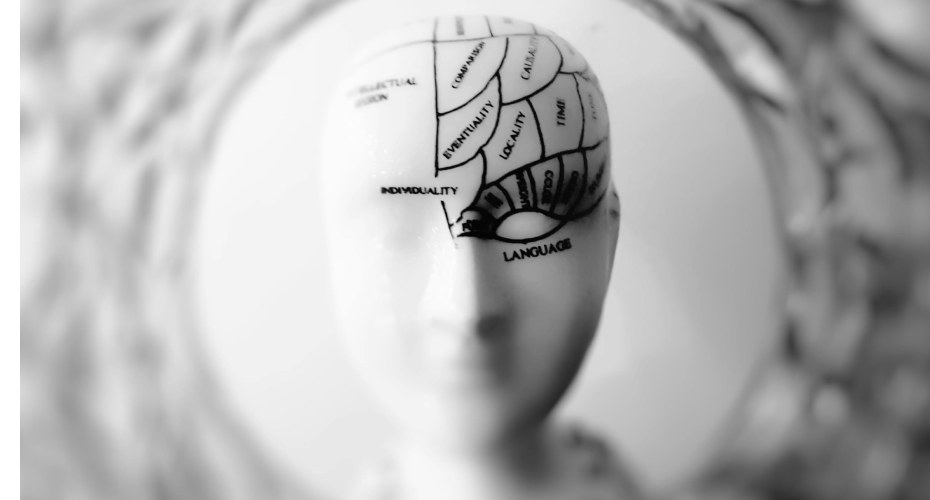Growing influence of neuroscience training risks leaving the teaching profession devalued, study warns

Neuroscience is having a growing impact on the way teachers work
The growing trend of encouraging educators to learn about how children’s brains work can offer reassurance, but it risks teachers’ autonomy and critical thinking, a new study warns.
Neuroscience is having a growing impact on the way teachers work. This is shown by the increasing number of professional development courses about the subject for those working in schools around the world.
The study warns this training does not always take account of the social context in which schools operate. If teachers are told biological information is more important than their pedagogical training and experience they could feel devalued, despite the possible positive influence of the training on their work.
Researchers say neuroscience can be a useful tool, but only when viewed critically and not shown as the superior or only way to teach. The courses they examined in Chile are often not regulated or inspected, and left to the rules of the market, so should be used in conjunction with the skills and socio-educational knowledge teachers have, rather than in isolation.
The study, by Daniel Leyton and Lauren Stentiford, from the University of Exeter, is published in the journal Critical Studies in Education.
Dr Leyton said: “The professional value of teachers’ other skills is equally as important and should be respected. Neuroscience training which has information about learning styles, how the brain learns, and the sort of food children should eat to increase their capacity, for example, can be a useful addition and are well intentioned but care needs to be taken to ensure the teaching profession is not left devalued, and teachers keep bringing nuanced understanding of inequalities and injustices in schools.”
The study says neuroscience training can be empowering, but its increasing use in schools risks weakening teachers’ understanding of themselves and students and parents and the historical and social contexts in which schools operate.
Researchers interviewed 19 teachers and teacher educators in Chile. Those working in schools in that country work in an environment where they are often regularly observed or set targets, which puts pressure on them to experiment with tools such as neuroscience.
They also mapped CPD courses in neuroscience available for teachers in Chile run from 2007 to 2023 and examined neuroscience information on YouTube videos, podcasts, media interviews, academic journals and books.
Through the interviews, they identified a shift towards neuroscience as a new authoritative knowledge and a change in teachers’ pedagogical language.
Dr Stentiford said: “Interviewees spoke about their motivations for pursuing CPD or postgraduate neuroeducation courses, links unfolded between acquiring neuroscientific knowledge and regaining authority through certainty. They felt undertaking training in neuroscience education had represented a path to professional legitimacy. Some were energised by neuroscience’s promise. Others criticised the marketisation of neuroscience as the source of pseudo-experts.”



